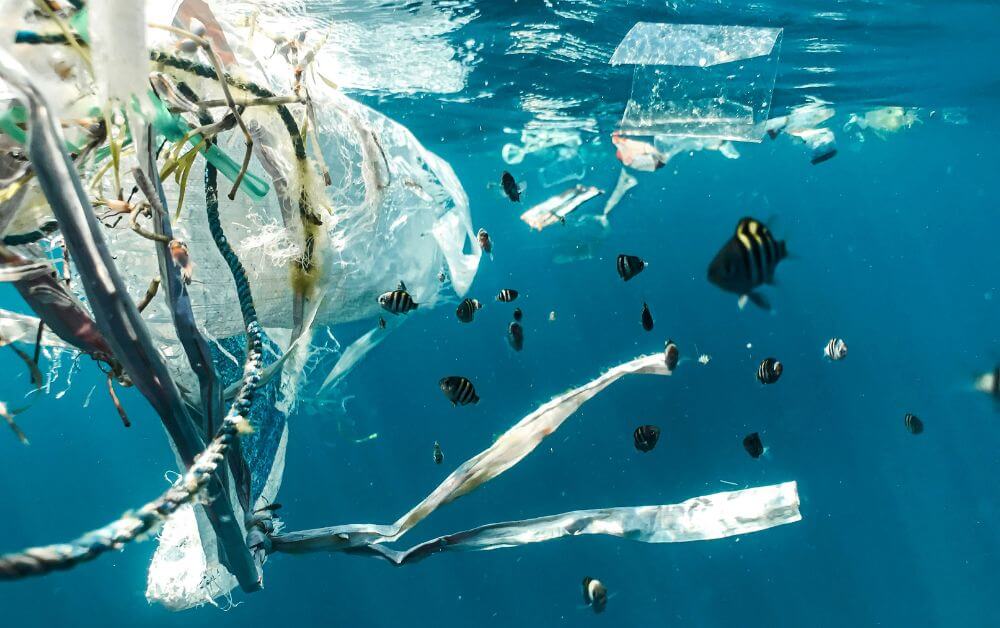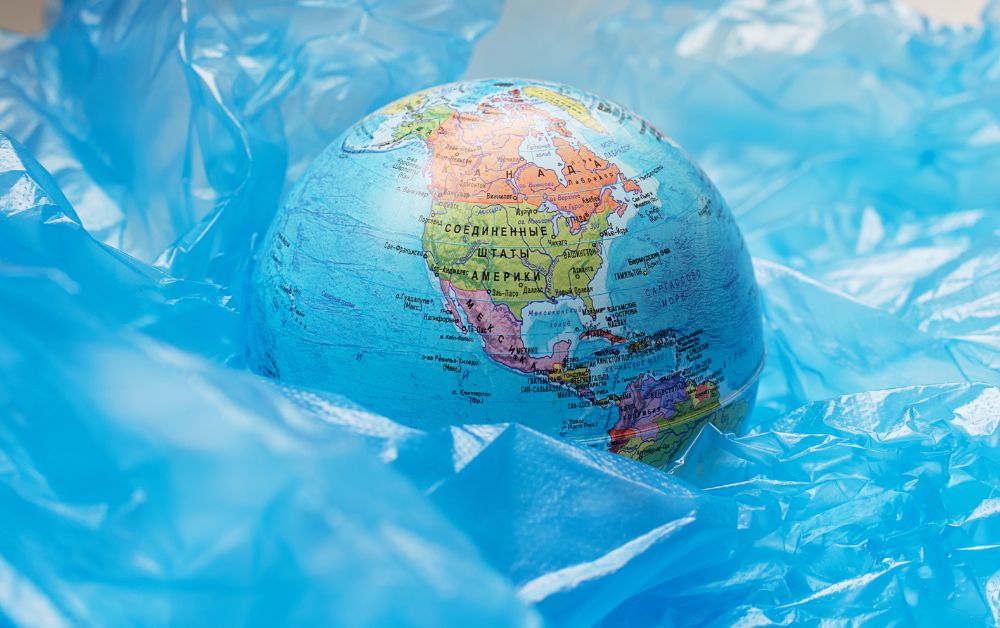Today’s insights are brought to you by my colleague and founder of the Future Smart Parent club, Jude Foulston.
The scorching heat waves crippling supply chains in India, the rising sea levels threatening coastal property values in New York, the droughts decimating harvests in Kenya – these are no longer distant whispers of a climate-stricken future. They are the present-day challenges gripping businesses large and small, painted in the searing brushstrokes of climate change and environmental degradation.
The alarm bells aren’t just ringing; they’re blaring in boardrooms and echoing through executive corridors. This past year, as documented in the State of the Transition 2023 report, served as a grim reminder: “Every week seemed to bring another once-in-a-century natural disaster.”
While greenhouse gas emissions soared to record highs, wildfires ravaged continents, and glaciers wept as they melted, a stark truth emerged – ignoring sustainable practices and innovation isn’t just an environmental misstep, it’s a gamble with the very survival of businesses and economies.
But there is an alternative future.
A future where we’ve found and utilised sustainable alternatives that enrich, rather than harm, our planet. There is a future where humanity takes decisive steps to phase out plastic, combat pollution, and restore ecological balance.
It’s time to expand our strategic imagination
TomorrowToday’s Imagining Tomorrow Toolkit is designed to help you and your team expand your strategic imagination by pushing you and your team to think of issues, technologies, and opportunities that could seriously impact your organisation’s success in the future.
In the Toolkit we map out future scenarios and consider how our future could exist if we were to take action in response to the deep, disruptive shifts in the present day.
As you’ll see in the example from our toolkit, each future scenario also includes a short video for extra context, together with a short, practical discussion guide to help you and your team explore the implications of each scenario in more detail.
Here is one of the future scenarios, which helps us consider how we might deal with the climate crisis by radically removing our use of plastics.

The plastic-free movement is gaining serious traction, pushed by alarming levels of pollution, particularly in our oceans. From ambitious governmental pledges like Paris’ call for a plastic-free Olympics in 2024, the push for alternative materials is no longer just a fringe environmental movement – it’s mainstream. The goal is to replace plastic with sustainable, biodegradable materials that meet our needs without destroying the planet.
While the immediate focus is on high-profile events and pledges, the broader aim is to shift societal norms and habits. Regulation will play a vital role in setting deadlines and enforcing bans on plastic use. However, the transition will require major adjustments in manufacturing, consumer behaviour, and waste management.
Not only will this shift away from plastic impact the way products are made and delivered, but it will also foster innovation as companies compete to develop eco-friendly alternatives.
The eradication of plastic will require change. This shift will also foster innovation as companies compete to develop eco-friendly alternatives. Meanwhile, ocean cleanup projects will become even more crucial as we race to mitigate the existing damage from plastic waste.
Consider the Implications:
- Sustainable Alternatives: Encourage innovation in developing biodegradable, eco-friendly alternatives to plastic. This involves research, development, and potentially partnering with startups or research institutions.
- Economic Impact: Industries must adapt to multiple changes in regulations and market demand, bringing challenges and opportunities alike.
- Engage in educational campaigns and marketing strategies that promote the benefits of sustainable alternatives, encouraging a shift in consumer behaviour.
These are just a few of the implications of shifting to a plastic-free world. Expand your strategic imagination and discuss how these implications, and any others that you have thought of, might affect your industry, business and team.
- How can our organisation effectively transition to sustainable alternatives in all aspects of our business, while maintaining operational efficiency and cost-effectiveness?
- How can governments and corporations effectively collaborate to phase out plastic and promote sustainable alternatives?
- What are the potential opportunities for innovation in creating eco-friendly materials, and how can we capitalise on them?
- How can our business contribute to broader environmental efforts, such as ocean cleanup projects, as part of our corporate social responsibility?
A successful path forward, in which we take actions to avoid absolute climate disaster, requires us to embrace both individual responsibility and collaborative, collective action, pushing for sustainable solutions on all levels.
As part of Earth Month, our team at TomorrowToday have been raising awareness for the planet and specifically discussing ways in which businesses and corporations can take action to protect our planet and plan for the future.
1% for the Planet
As part of our commitment to protect our planet, we’ve partnered with 1% for the Planet, whose mission is to hold companies accountable for their responsibility to give back for the use of our planet’s resources.
As a member of 1% for the Planet, TomorrowToday has committed to donating at least 1% of our annual revenue directly to environmental organisations. 1% for the Planet certify every donation to ensure businesses meet that commitment. This inspires commitment and action, while also accelerating smart environmental giving and preventing greenwashing so that our planet and future generations thrive.
As business leaders, we must embrace sustainable practices throughout our organisations, building on the solutions introduced above and we must foster innovation to navigate these challenges to secure a future for our planet.
Despite the daunting challenge, we all have a remarkable opportunity to craft a resilient and sustainable future.
As the founder of the Future Smart Parent club, Jude Foulston has dedicated herself to creating a supportive community that embraces the challenges and joys of raising empowered and happy children with an eye towards the future.
Through this unique platform, she brings together parents and teachers from all walks of life, fostering a nurturing environment where knowledge, experiences, and innovative ideas are shared, enabling families to embrace the challenges of the digital age and prepare for the uncharted territories of tomorrow.


